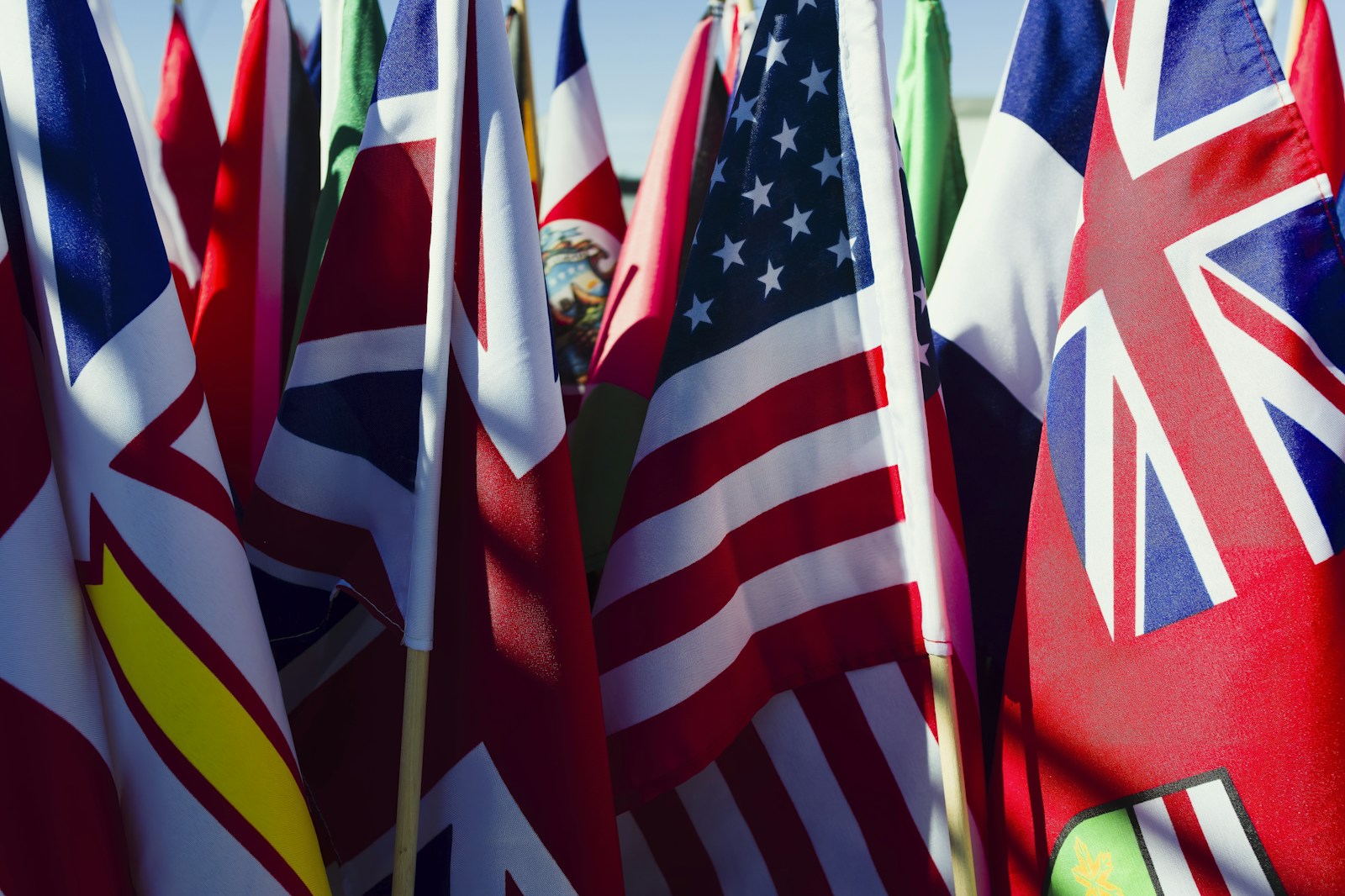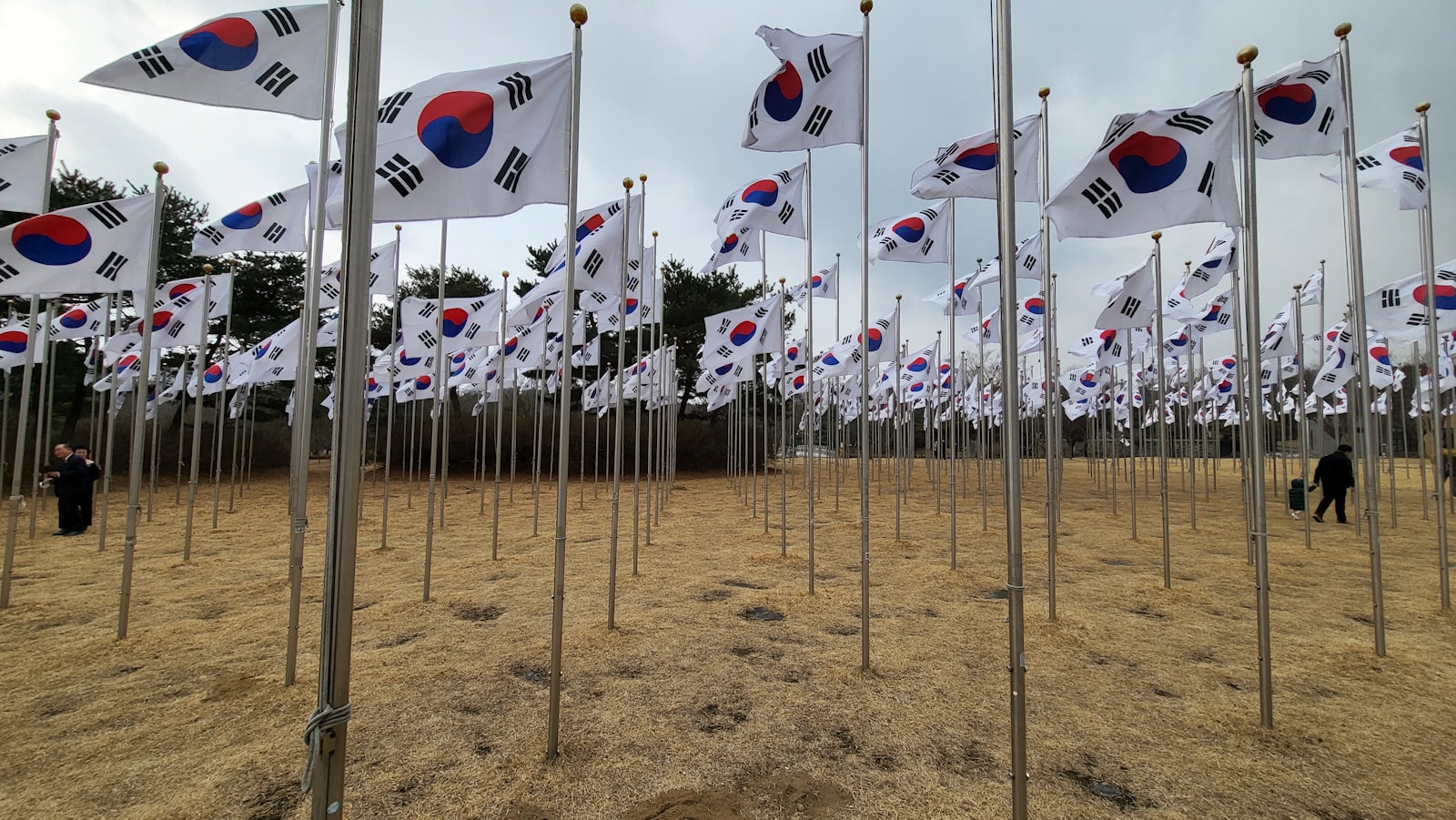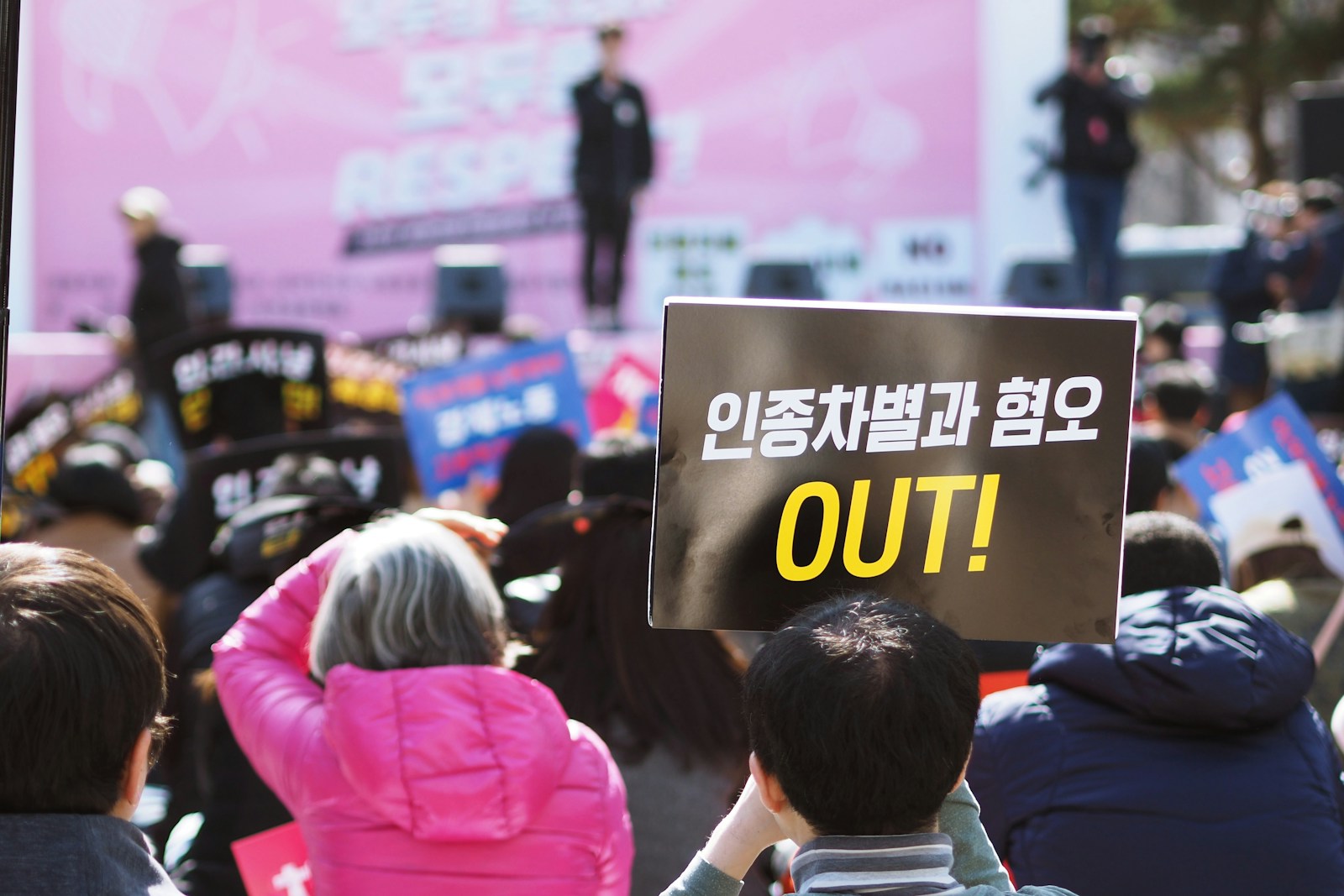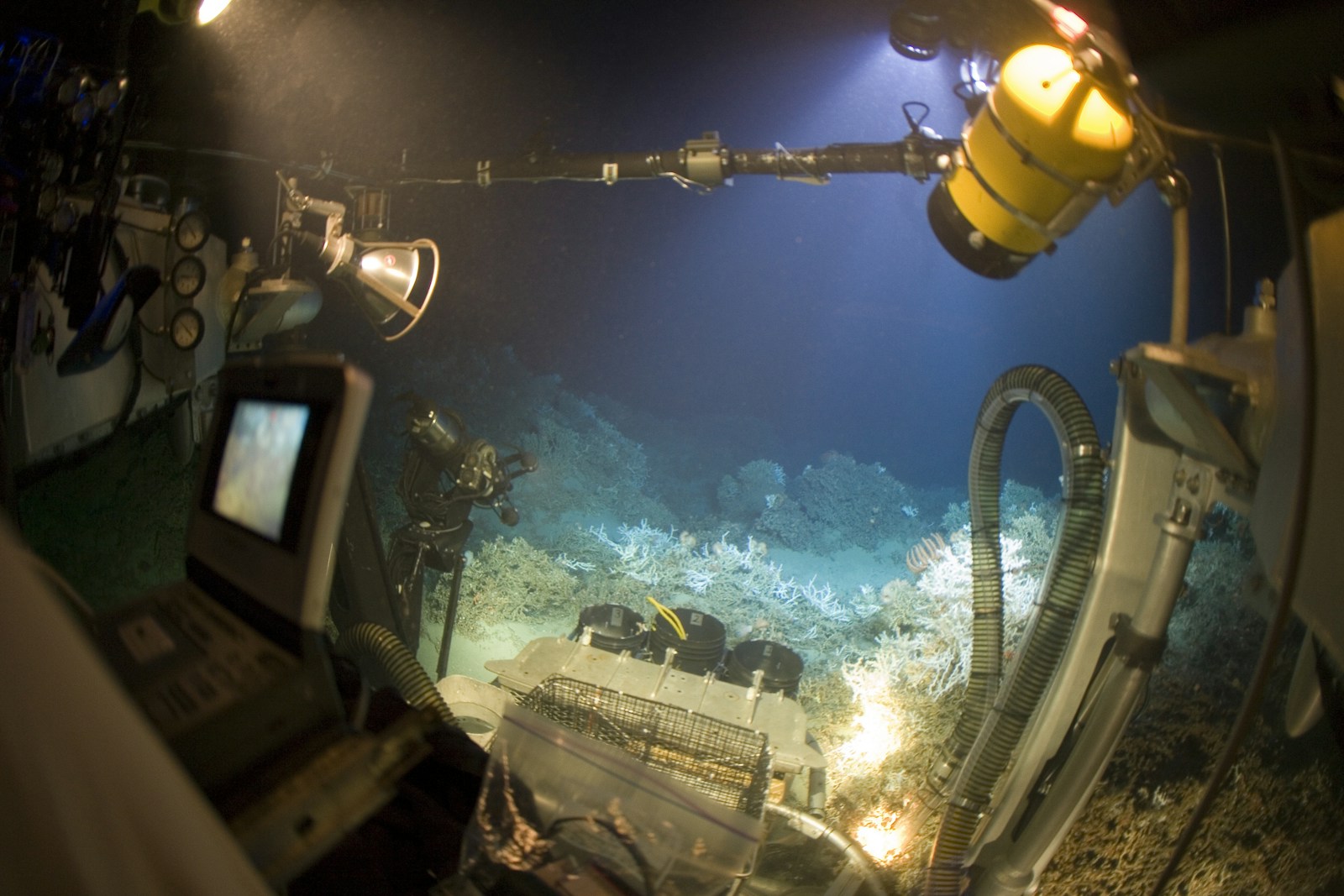The Argosy Debates: Is the Era of the American-Led Global Order Over?

Editor's Note: From the war in Ukraine to the competition in the South China Sea, the foundational assumptions of the post-Cold War world are being challenged. Is the 'Pax Americana' that defined the last generation giving way to a new, more chaotic and contested era?
The Unsentimental Reality of a Multipolar World
By Minwoo Jung
The defining feature of the American-led global order was not its benevolence, but its overwhelming and uncontested power. In the decade following the collapse of the Soviet Union, the United States possessed an economic, military, and cultural dominance unseen since the Roman Empire. That "unipolar moment" is now definitively over. To pretend otherwise is to cling to a comforting but dangerous nostalgia.
The evidence is clear. First, the rise of China represents the most significant geopolitical shift in a century. China is not just a regional power; it is a peer competitor with the economic scale and military ambition to challenge American dominance in Asia and beyond. It is building its own parallel set of international institutions and offering a competing model of authoritarian state capitalism to the developing world.
Second, the rest of the world is no longer content to follow Washington's lead. Middle powers like India, Brazil, Turkey, and Saudi Arabia are increasingly pursuing their own independent foreign policies, playing the US and China off against each other to maximize their own national interests. The West itself is fractured, with internal political turmoil in the US and Europe casting doubt on the reliability of their alliances. The world has not descended into chaos, but it has become multipolar. Power is now more diffuse, contested, and transactional. For a nation like South Korea, this requires a clear-eyed, realist foreign policy that acknowledges this new reality, not one based on the fading memory of an American-led world that no longer exists.
The Order Is Changing, Not Collapsing
By Yehee Jung
The reports of the American-led order's death are greatly exaggerated. While the unipolar moment of the 1990s is certainly gone, the assertion that the entire order is over fundamentally misreads the nature of global power. The structure that the United States built after World War II is proving far more resilient than its critics acknowledge, and no viable alternative has emerged to replace it.
First, let's look at the foundations of American power. The US dollar remains the world's undisputed reserve currency, giving Washington unparalleled influence over the global financial system. American technology companies still dominate the digital infrastructure upon which the modern world runs. And most importantly, the US maintains a network of democratic alliances in Europe and Asia that is unmatched by any other power. China has clients and customers; America has allies. This is a profound and enduring advantage.
While China has risen, it faces immense internal challenges, from a demographic crisis to a slowing economy, and its aggressive foreign policy has alienated many of its neighbors, pushing them closer to the United States. The rise of other powers like India does not necessarily weaken the existing order; in many cases, their interests align with preserving a system based on freedom of navigation and international law, which serves as a check on Chinese expansionism.
The global order is not collapsing; it is evolving. It is becoming a more complex, "multi-layered" system where the US is no longer the sole hegemon but remains the central, indispensable actor. It is a system under stress, but its core pillars—alliances, financial dominance, and a shared interest among many nations in a rules-based system—remain intact. To abandon this order would be a mistake; the real challenge is to adapt it to the new realities of the 21st century.



